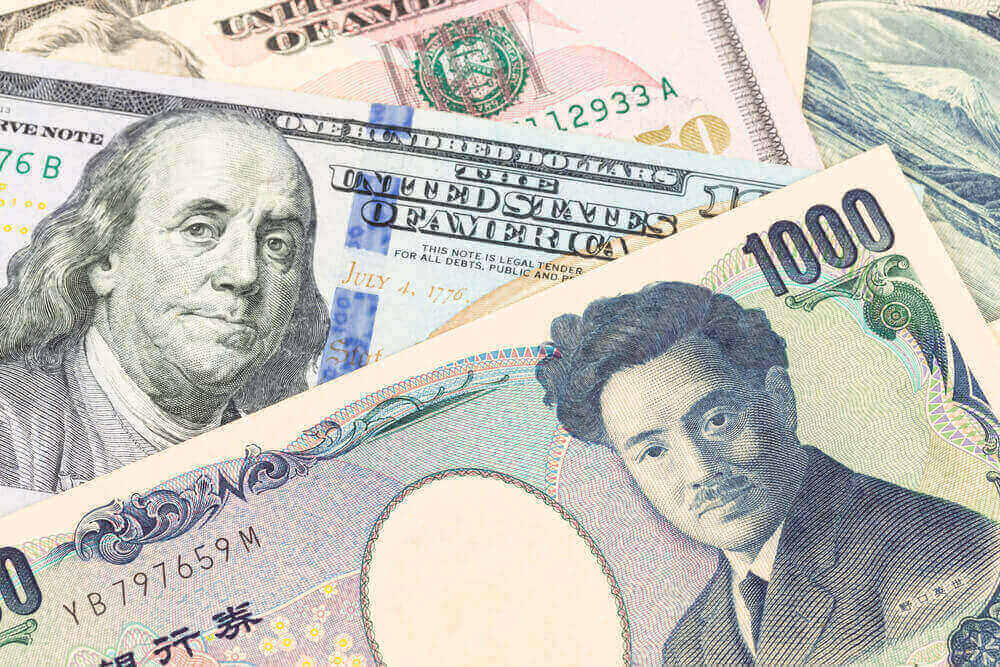
USD/JPY Eyes Shift: Tokyo Inflation Hits 2.6%
Quick Look
- Tokyo’s core annual inflation rate jumped to 2.5% in February, outpacing predictions.
- Tokyo’s overall annual inflation rate also increased, reaching 2.6%.
- The acceleration beyond the 2.0% target stirs expectations of a Bank of Japan policy pivot.
- Upcoming Shunto wage negotiations and the US Jobs Report are pivotal for future USD/JPY trends.
In an early Tuesday revelation that caught the eyes of investors worldwide, Tokyo’s inflation metrics for February highlighted an economic narrative marked by accelerating prices. USD/JPY trends are bullish, staying above key EMAs with potential moves toward the 151.889 resistance level. With the core annual inflation rate surging from 1.6% to an unexpected 2.5% and the overall rate similarly increasing to 2.6%, the figures surpassed economists’ forecasts. They signalled a potential shift in monetary policy direction.
Inflation Tops 2%: BoJ Rethinks Strategy
This leap beyond the Bank of Japan’s (BoJ) longstanding 2.0% inflation target has ignited speculation regarding an imminent shift away from negative interest rates. This policy stance has been a hallmark of Japan’s economic strategy for years. The upcoming Shunto wage negotiations, alongside the March release of the US Jobs Report, are now viewed as critical junctures that could influence the BoJ’s next move. A significant increase in Japanese wages might give the central bank leeway to adjust its monetary policy, moving away from negative interest rates.
USD/JPY: Riding the Waves of Policy Speculation
The financial world is closely watching these developments. As a result, the USD/JPY currency pair has become a significant point of speculation. It is currently above the 50-day and 200-day Exponential Moving Averages (EMAs). Consequently, the USD/JPY shows bullish price signals. These signals suggest it could return to the 150.500 level. This gives bulls a chance at reaching the 151.889 resistance level. However, certain factors could change this path. For example, a weaker-than-expected US Jobs Report might shift the trajectory. This highlights how global economic events are closely connected. Moreover, it shows their impact on currency valuations.
In conclusion, Tokyo’s inflation data for February has sparked a lot of economic speculation. It has put a spotlight on what the Bank of Japan will do next. Additionally, it has raised questions about the effects on currency markets. As we wait for important wage and employment data, the future of the yen and other currencies is drawing a lot of attention. Investors and analysts are eagerly watching. They are debating what will happen next.


